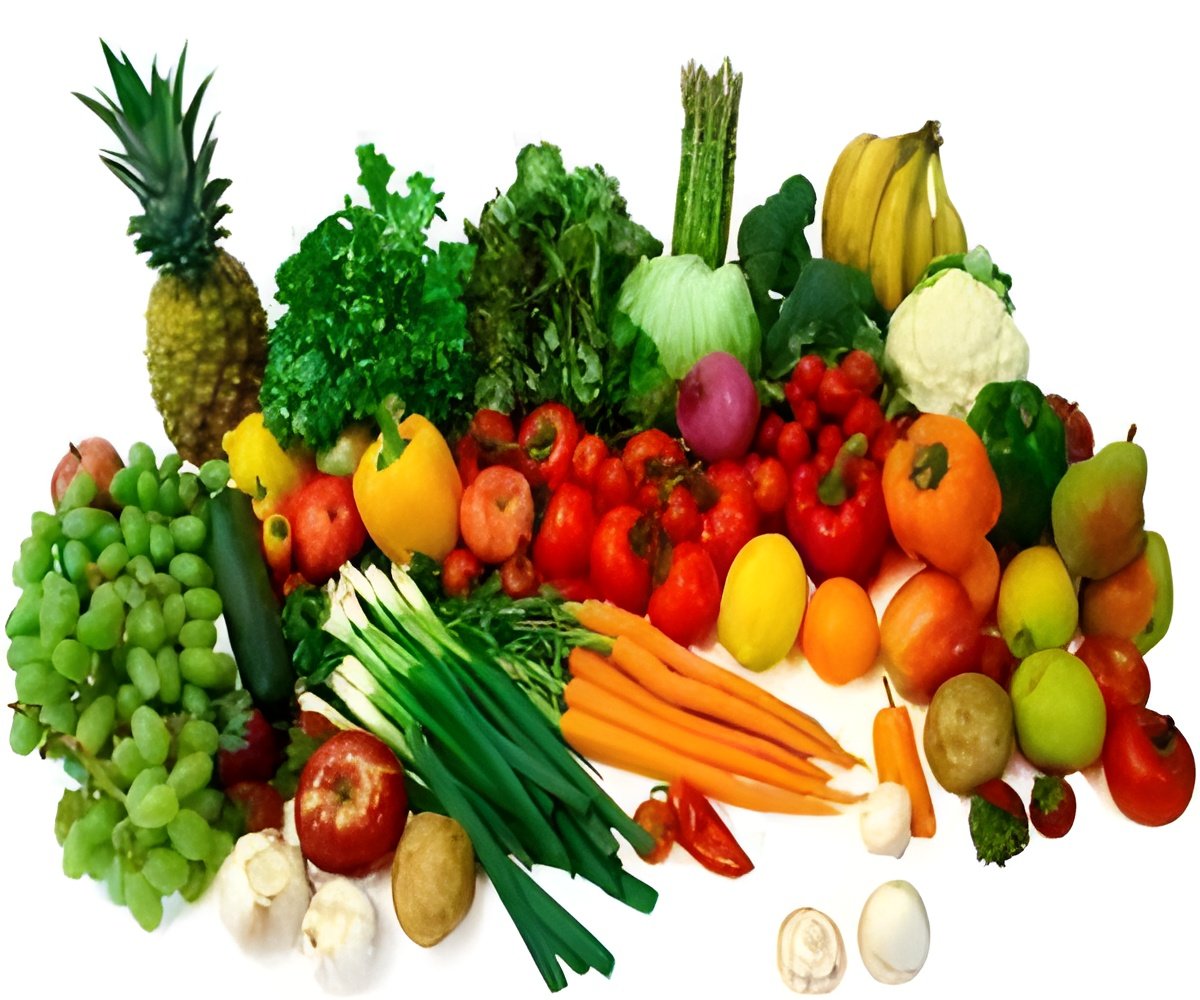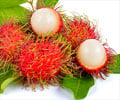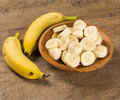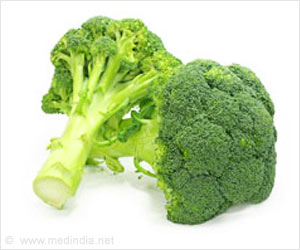Older varieties of fruits and vegetables are considered healthier than new ones, claims study.

A team of scientists will now undertake a three-year study, examining older varieties of apples, bananas, onions, mangos and teas.
It has already been found that the Egremont Russet apple, which is often used to make cider, contains considerably more phloridzin than modern glossy fruits.
The chemical increases the absorption of sugar from the digestive system into the blood, and can reduce the risk of type-2 diabetes.
While the Egremont Russet is widely available, the researchers stressed that it has not been intensively farmed for a higher yield and pristine appearance, which can substantially reduce nutrient levels.
The scientists at Unilever, Kew Gardens and Cranfield University in Bedfordshire, believe "pre-domesticated" fruit and veg eaten in years gone by had higher levels of hundreds of chemicals that help prevent disease.
Advertisement
Today, some mass-produced fruits and vegetables are stored for months at a time in cold conditions to slow the ripening process. This process depletes the vitamins in the skin.
Advertisement
Leon Terry from Cranfield University said a "paradigm shift" was required to promote foods based on their health-boosting properties, not their appearance.
"In the Stone Age people would have eaten 20 or 25 different types of fruit and vegetables every day. Now we tend to breed and eat a few of the same ones all the time," the Daily Mail quoted Mark Berry, lead researcher of the study as saying.
"We are very interested in whether older varieties of plants have higher levels of nutrients, which we don't get nearly enough of in our diets," he added.
Source-ANI















